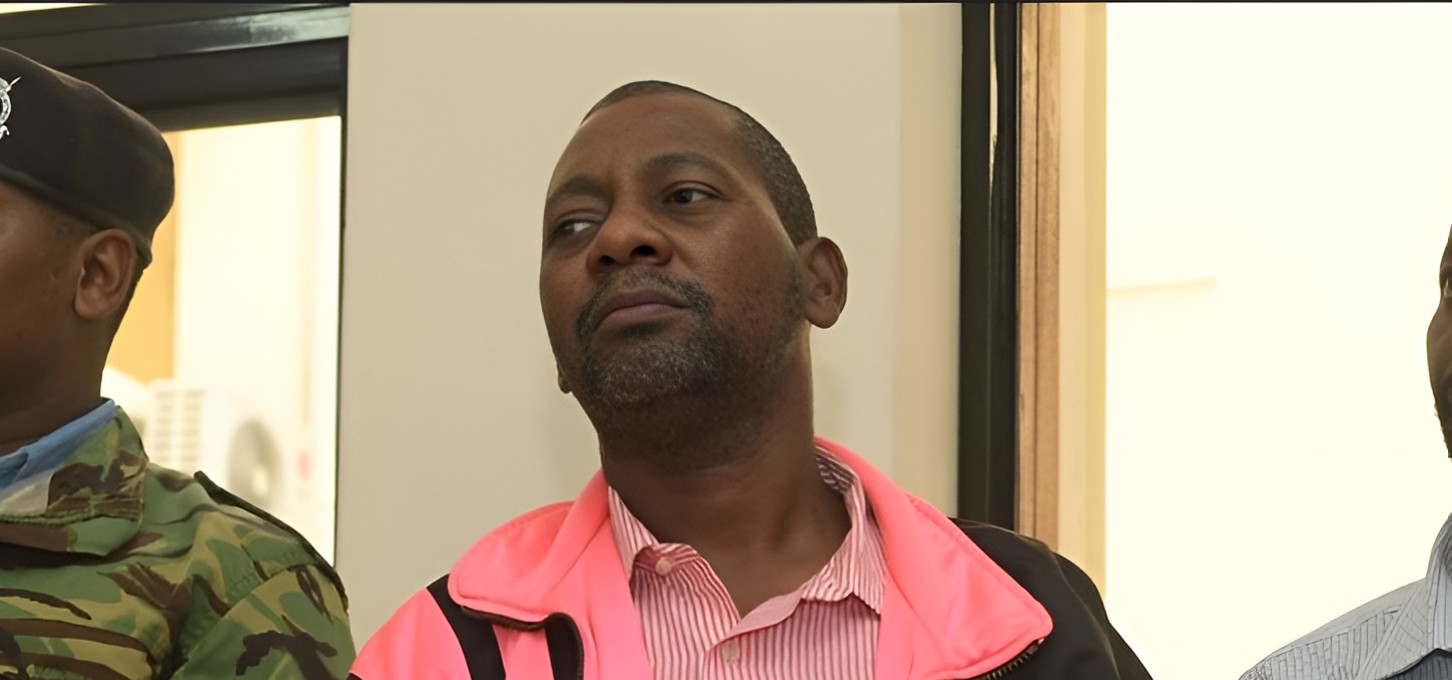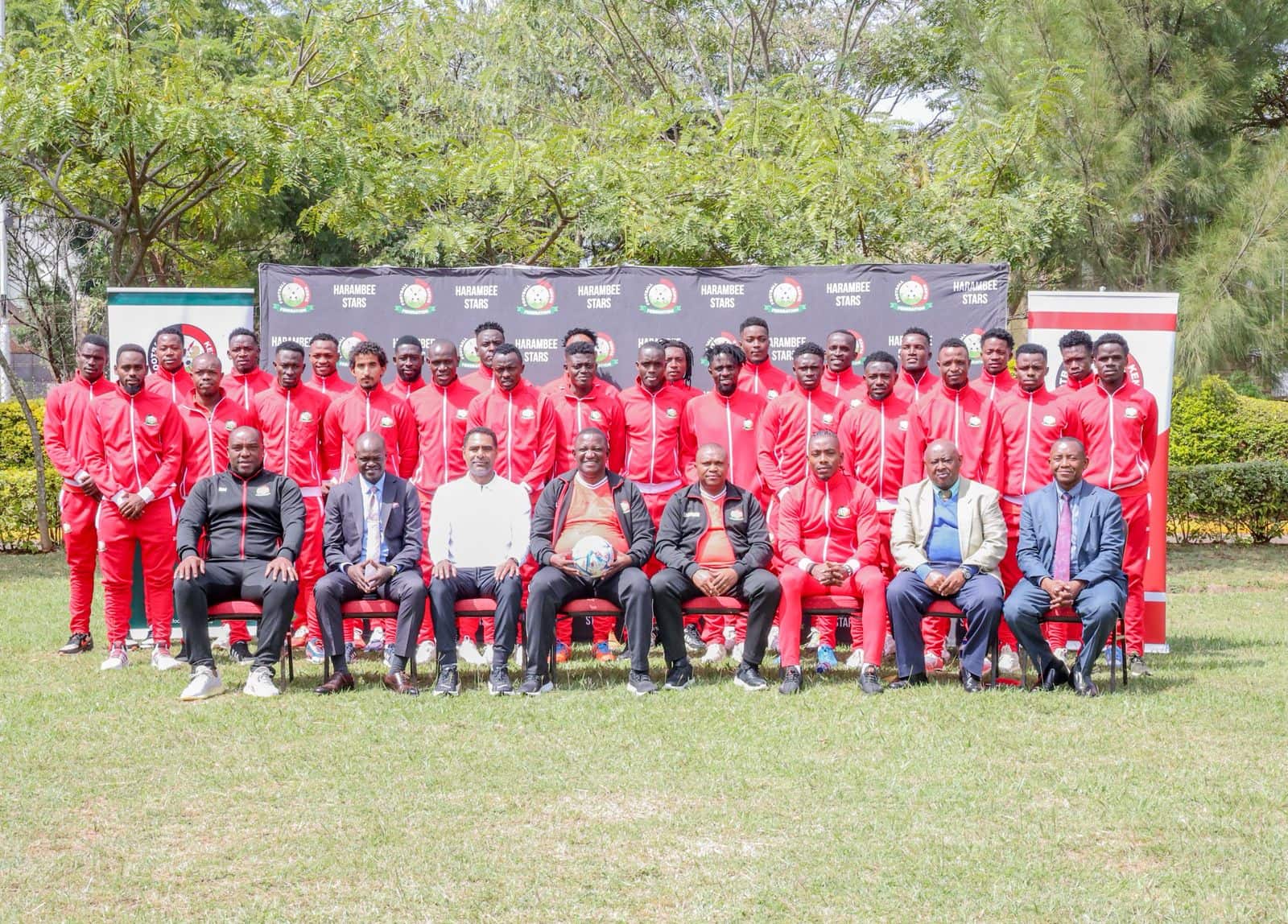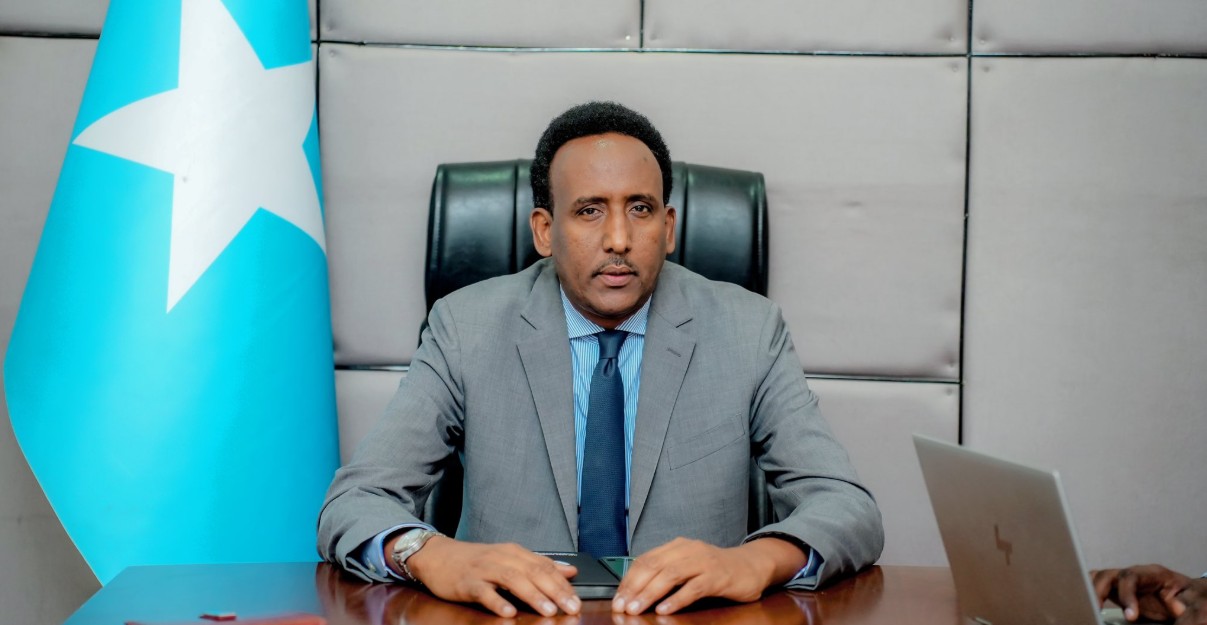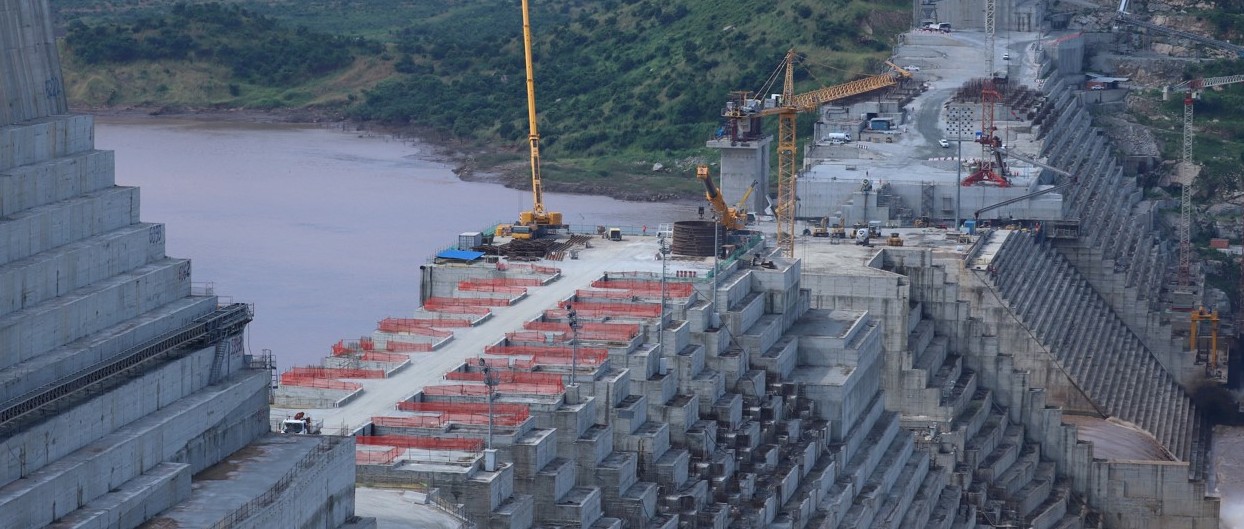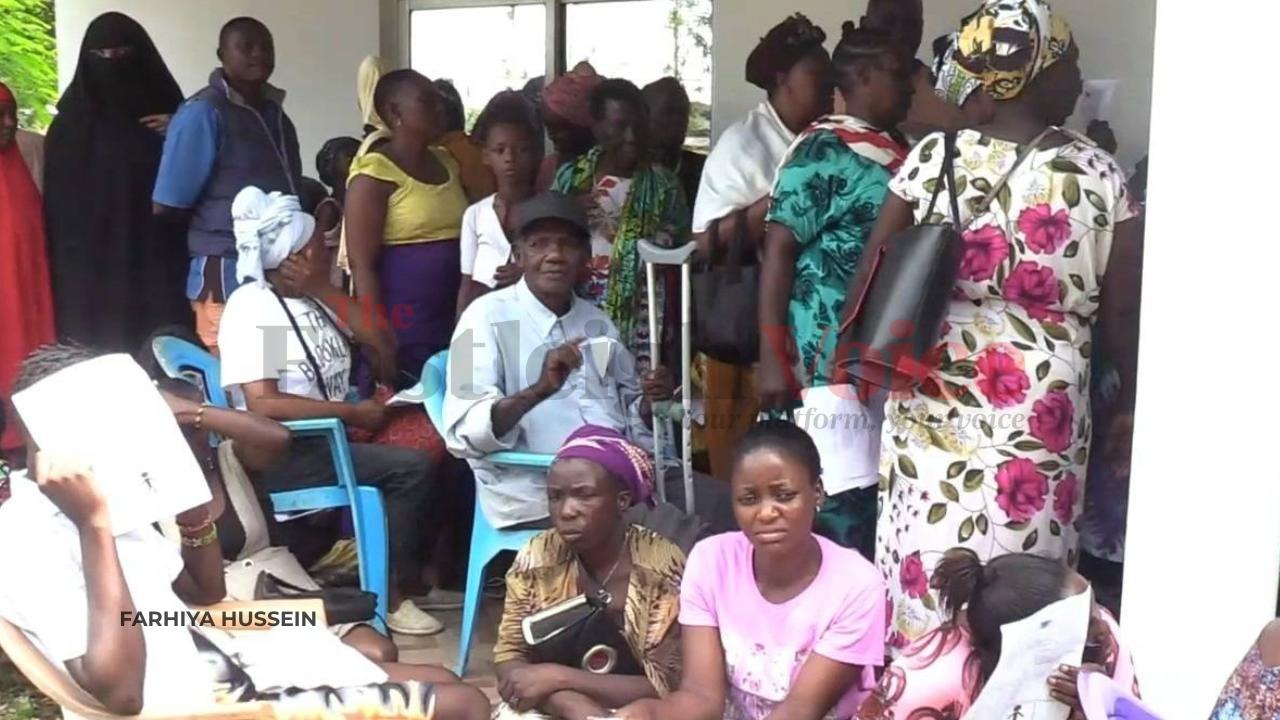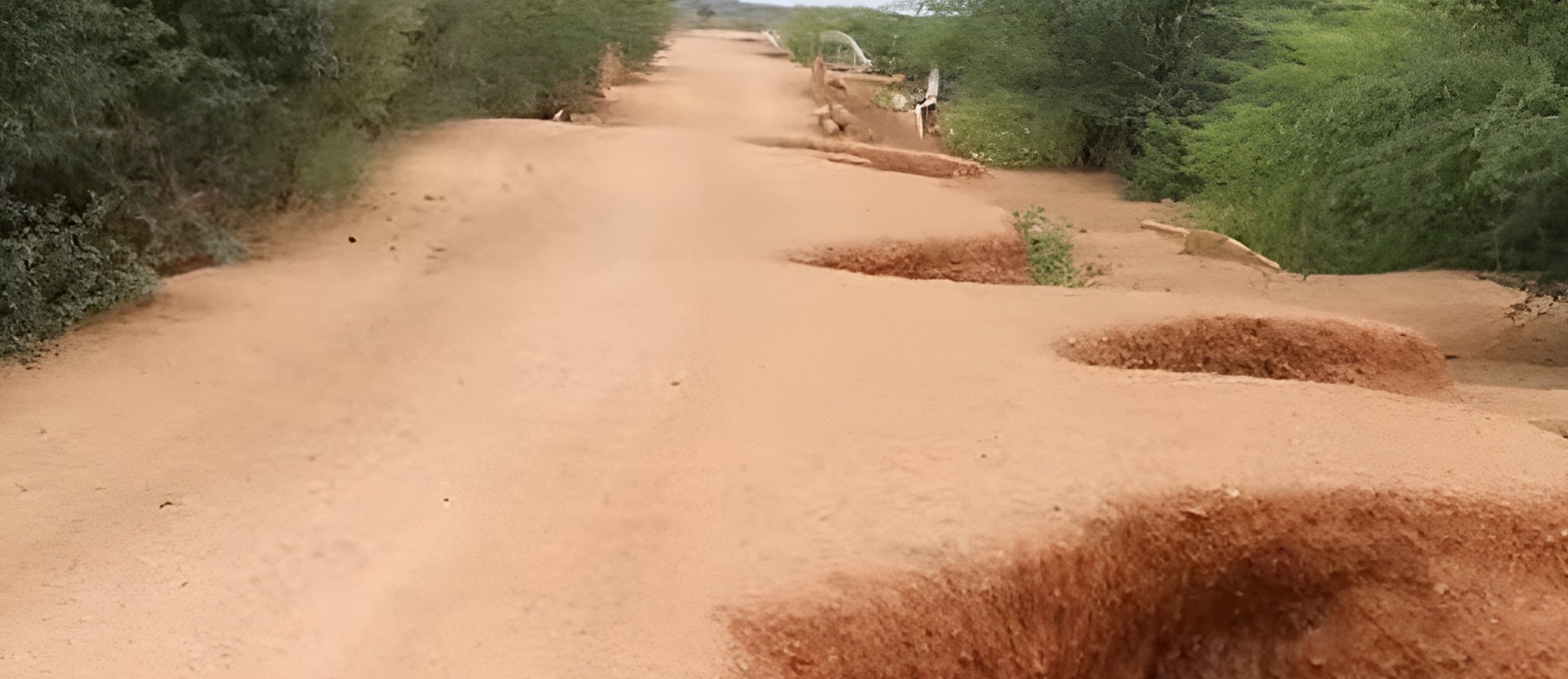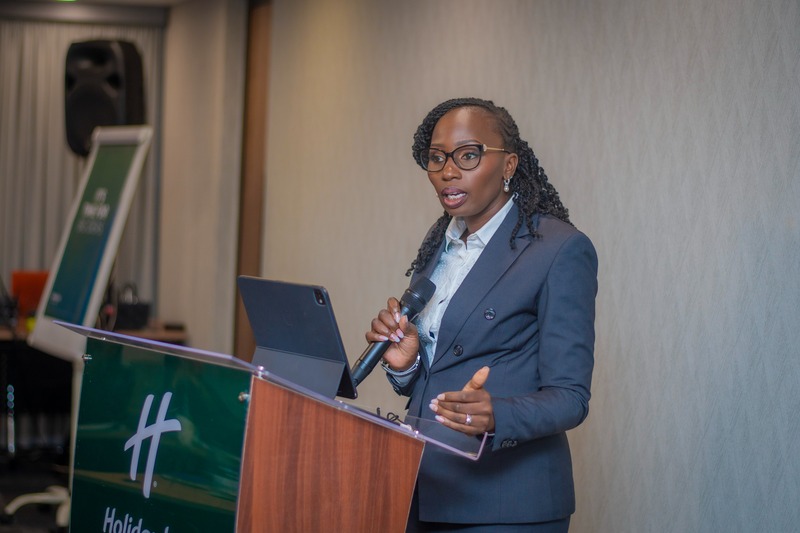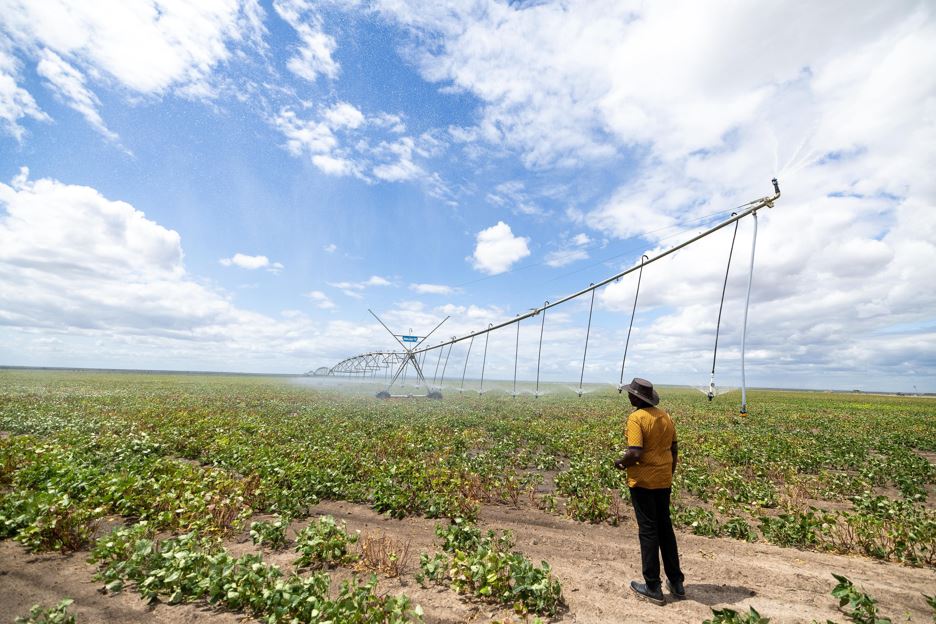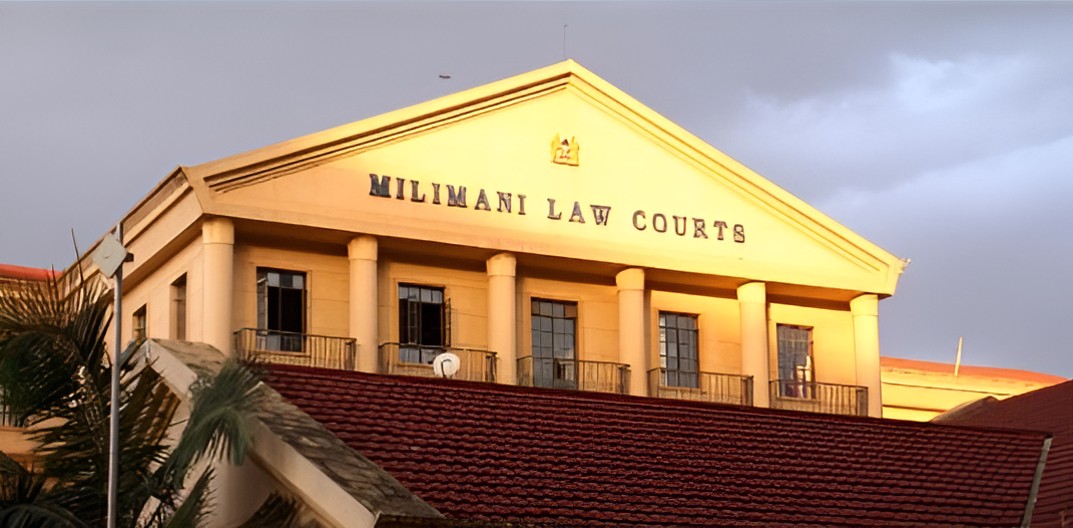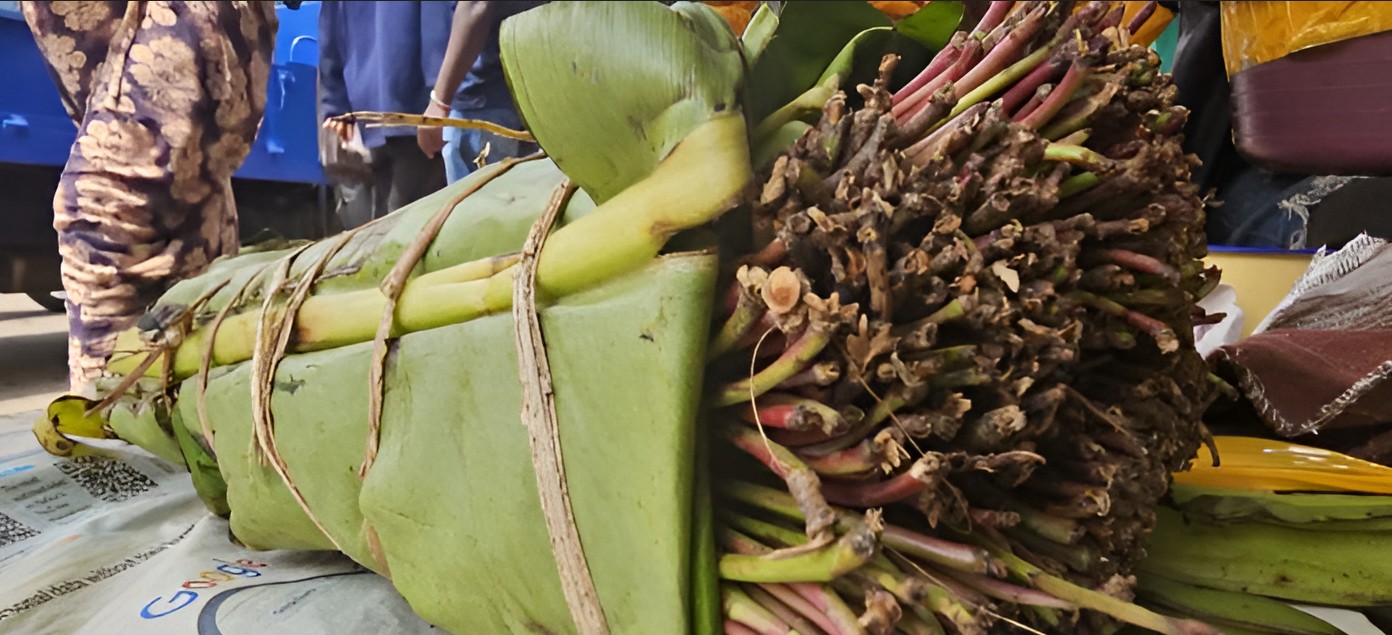Ghana’s security strategy has kept terror attacks at bay: What other countries can learn from its approach
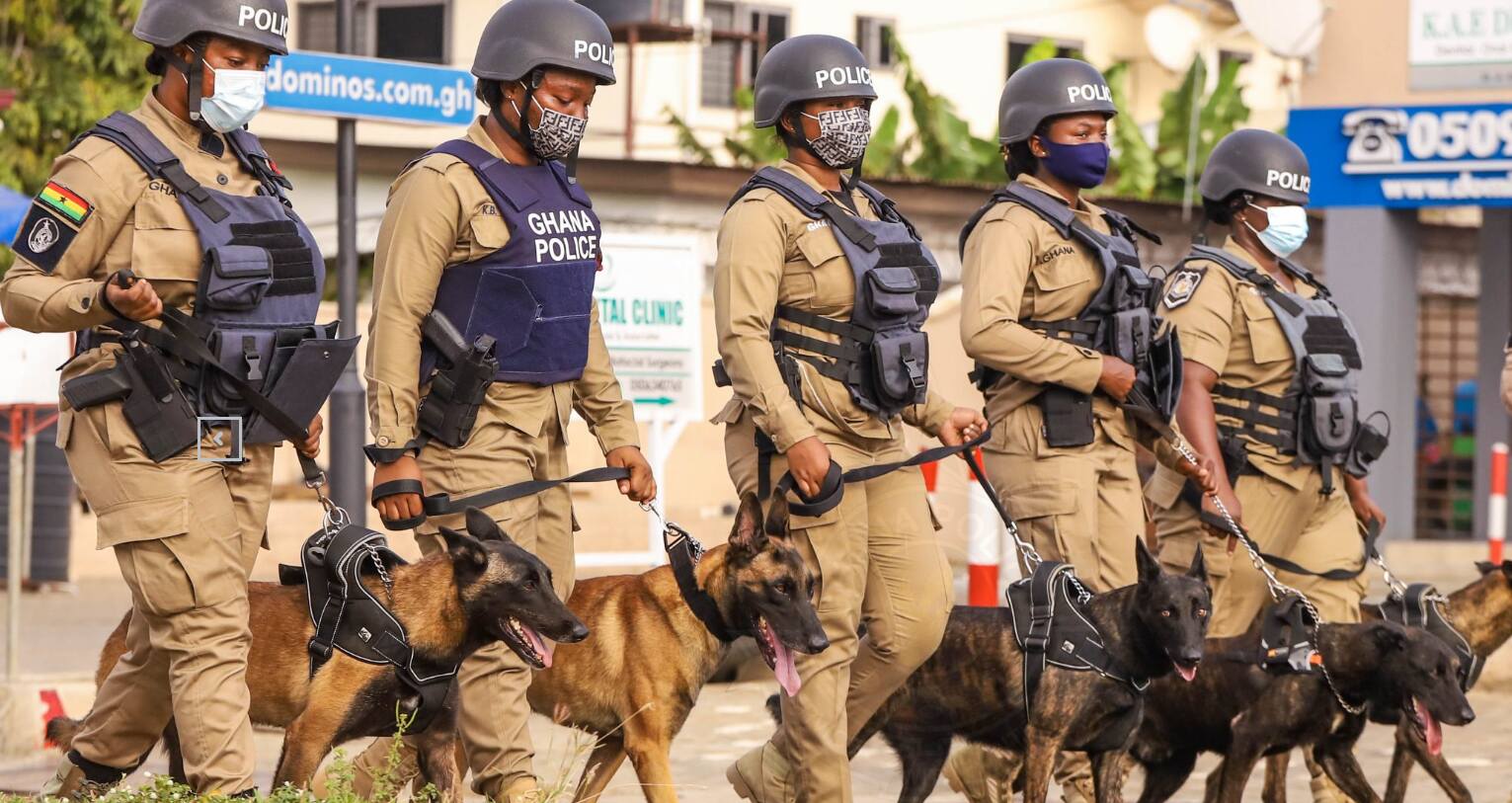
This resilience is not accidental. It is the result of deliberate counter-terrorism strategies employed by Ghana’s security institutions.
Paa Kwesi Wolseley Prah, Dublin City University and Timothy Chanimbe, Hong Kong Baptist University
More To Read
- Three-month limit: US slaps new visa restrictions on Nigerians, Ghanaians
- Ghana and India: Narendra Modi’s visit rekindles historical ties
- Kwame Akoto-Bamfo: the Ghanaian artist using work about slavery to find justice and healing
- Ritual murder of children: Study in Ghana and Kenya explores who's doing it and why
- Ghana orders foreigners to exit gold market by April 30
- Ghana will not quit IMF deal but wants changes, says president-elect John Mahama
Ghana stands out in West Africa as a nation that has not experienced terrorist attacks, even though it’s geographically close to countries that have. In Burkina Faso, Mali and Nigeria, extremist groups such as Boko Haram and Islamic State in West Africa (ISWAP) have wreaked havoc.
This resilience is not accidental. It is the result of deliberate counter-terrorism strategies employed by Ghana’s security institutions.
Ghana’s counter-terrorism framework was set out in 2020. It has four pillars: prevent, pre-empt, protect, and respond. The idea is to coordinate multiple agencies, including the Ghana Police Service, Ghana Immigration Service, Ghana Armed Forces and the National Intelligence Bureau.
These pillars guide strategies to address both immediate threats and underlying vulnerabilities. Poverty, religious radicalism and porous borders are common drivers of terrorism in West Africa.
I am an international security and global governance researcher. My co-author is a government and international studies scholar.
Four years ago, we wrote a paper examining Ghana’s resilience against terrorist attacks. Our findings are still relevant given the increasing activities of terror groups in the West African region.
We wanted to identify what works as a potential model for other countries.
Using a qualitative methodology, we interviewed stakeholders — including police officers, members of the armed forces, Muslim community leaders, and immigration officials. We also analysed the national framework for preventing and countering violent extremism and terrorism.
Our findings showed that Ghana’s success is traceable to an approach that integrates community engagement with advanced border technology, inter-agency training, media collaboration and intelligence operations. And it addresses both immediate and underlying threats.
We argue that Ghana’s ability to balance prevention with security offers solutions for stability in a geopolitically volatile region.
Community engagement
One of the standout strategies is community engagement. This serves multiple purposes, from guiding people away from extremism to gathering intelligence.
The Ghana Police Service, for instance, engages Muslim-dominated communities, known as “Zongos”, to counter radical Islamic ideologies that could be exploited by terrorist groups.
By collaborating with local religious leaders, police make communities aware of the dangers of radicalisation. They foster trust and encourage residents to report suspicious activities. This approach also works in tackling illegal arms circulation.
Ghana has an estimated 2.3 million small arms in circulation – 1.1 million of them illegally possessed. The availability of so many weapons fuels terrorist activities across West Africa.
Community-based de-radicalisation aligns with global best practices. In Norway, for instance, it was used to disengage youth from extremist groups.
Technology at borders
Ghana’s border control management is another part of its counter-terrorism strategy. Ghana Immigration Service uses advanced security software and integrated systems like the “Immigration 360” system, designed to fully automate passenger processing and data management.
The system manages records of fingerprints and other data to improve reporting and intelligence sharing between Ghana Immigration and other security agencies.
The technology makes it possible to quickly identify individuals on terrorist watchlists and detect concealed goods. This helps prevent illegal cross-border movements.
There are gaps in Ghana’s defences, however. The influx of migrants fleeing extremist violence in Burkina Faso, Mali and Niger in 2024 highlights the urgency of scaling up investments in the technology.
Training for preparedness
Ghana combats new and varying forms of terrorism by uncovering trends and training personnel to deal with them.
A notable example was the six-day joint training in 2022 involving the Ghana Immigration Service, Police Service, Customs, Economic and Organised Crime Office, and the National Intelligence Bureau.
The country also works with regional neighbours like Burkina Faso, Togo and Benin, and partners such as the United States, through initiatives like “Operation Epic Guardian”.
Media as a strategic partner
Terrorists rely on the media to amplify fear and publicise their causes. Ghana’s security agencies counter this tactic by actively engaging media houses to report accurately.
The Ghana Armed Forces, for instance, works with the media to debunk false reports, which can cause public panic and inadvertently aid terrorists.
The Ghana Police Service emphasises regular dialogue with the media to ensure sensitive information is verified before publication, reducing the risk of tipping off suspects. However, media competition for viewers poses a challenge.
Surveillance and intelligence gathering
Surveillance and intelligence gathering are critical. Plainclothes armed forces and immigration personnel blend into communities to monitor potential threats. The approach has worked but is constrained by resources.
It can also risk human rights violations, such as wrongful profiling, and is less effective against multiple targets compared to technological solutions like facial recognition or CCTV.
Challenges and regional implications
Despite its successes, Ghana’s counter-terrorism framework faces challenges that could undermine its long-term efficacy:
- Logistical and financial constraints
- The influx of migrants fleeing regional violence
- A lack of harmonised security cultures within the regional body, ECOWAS.
In all, Ghana’s strategies offer lessons for West Africa, where terrorism is a growing threat.
The Conversation
Paa Kwesi Wolseley Prah, Postdoctoral Fellow, Dublin City University and Timothy Chanimbe, PhD Candidate, Hong Kong Baptist University
This article is republished from The Conversation under a Creative Commons license. Read the original article.
Top Stories Today
